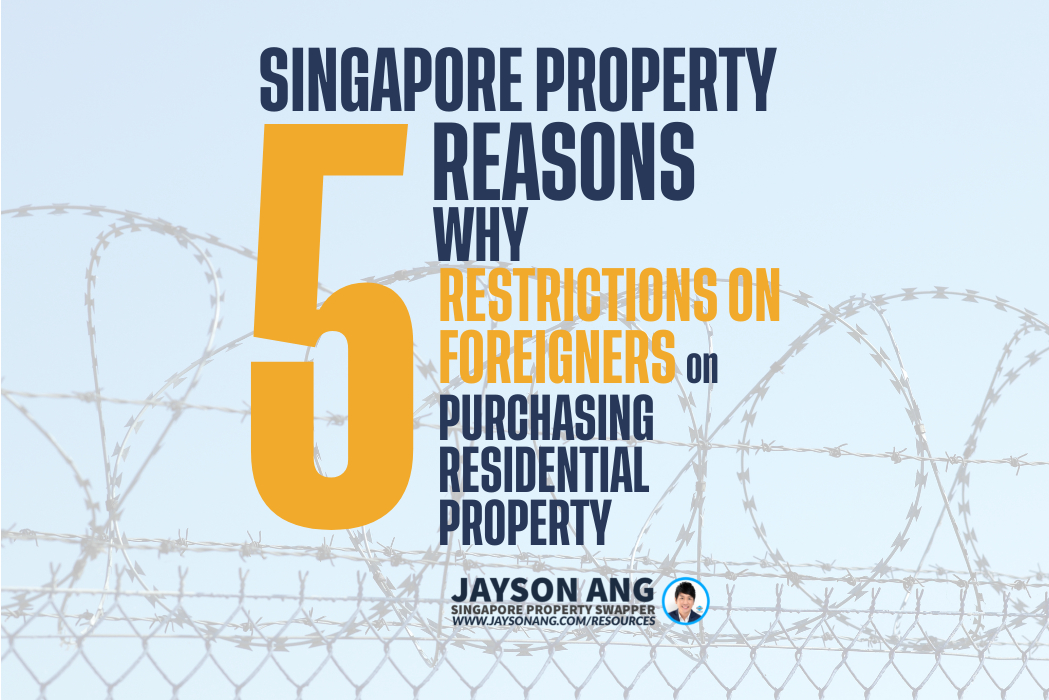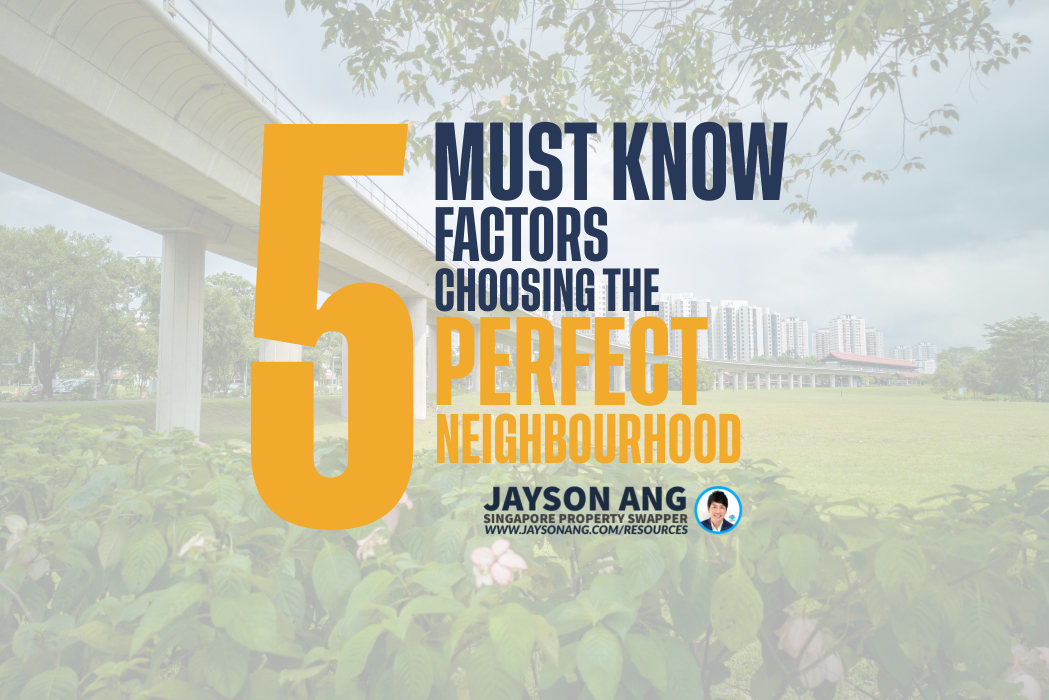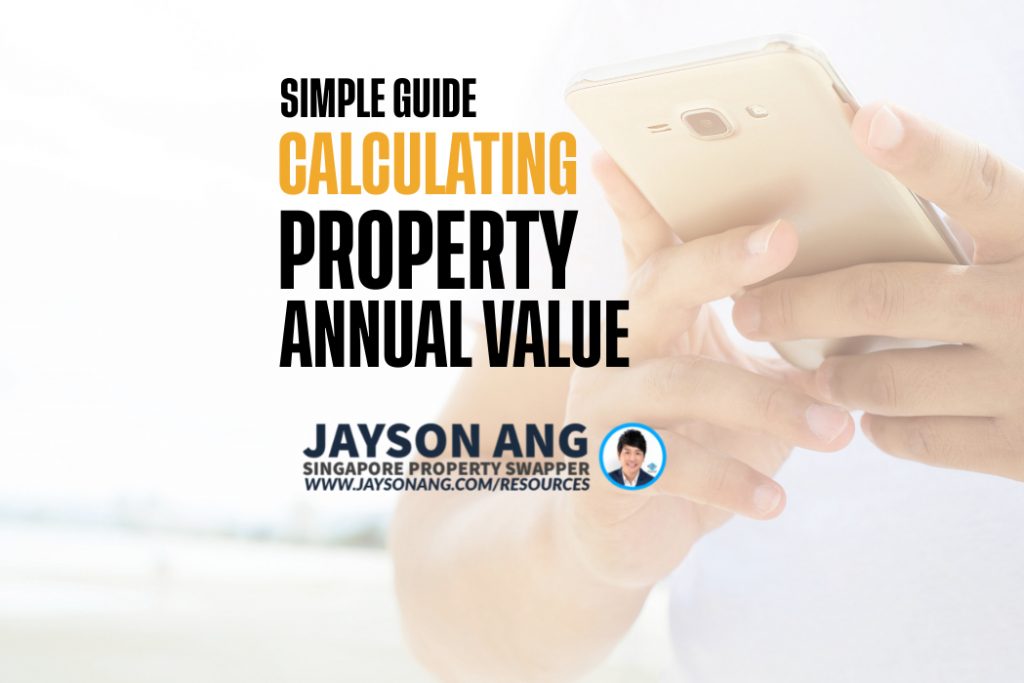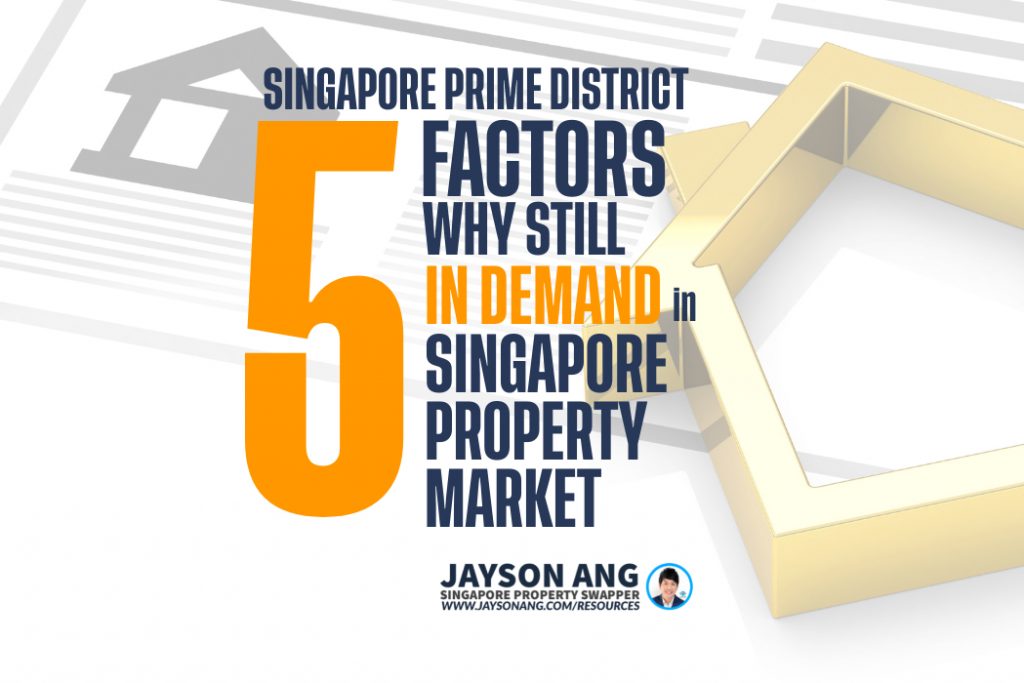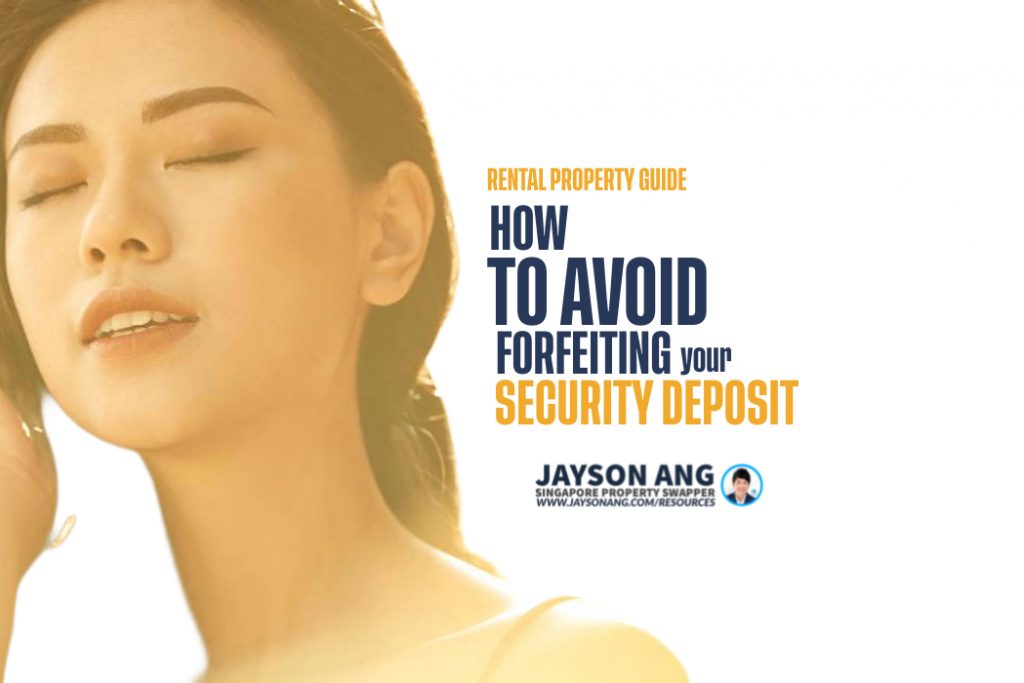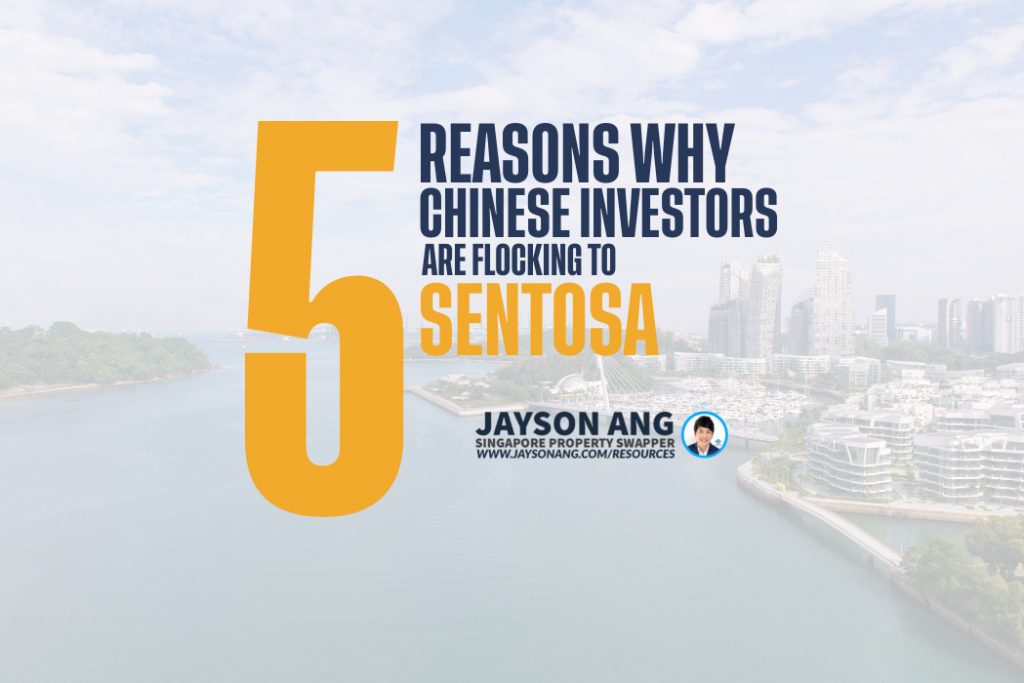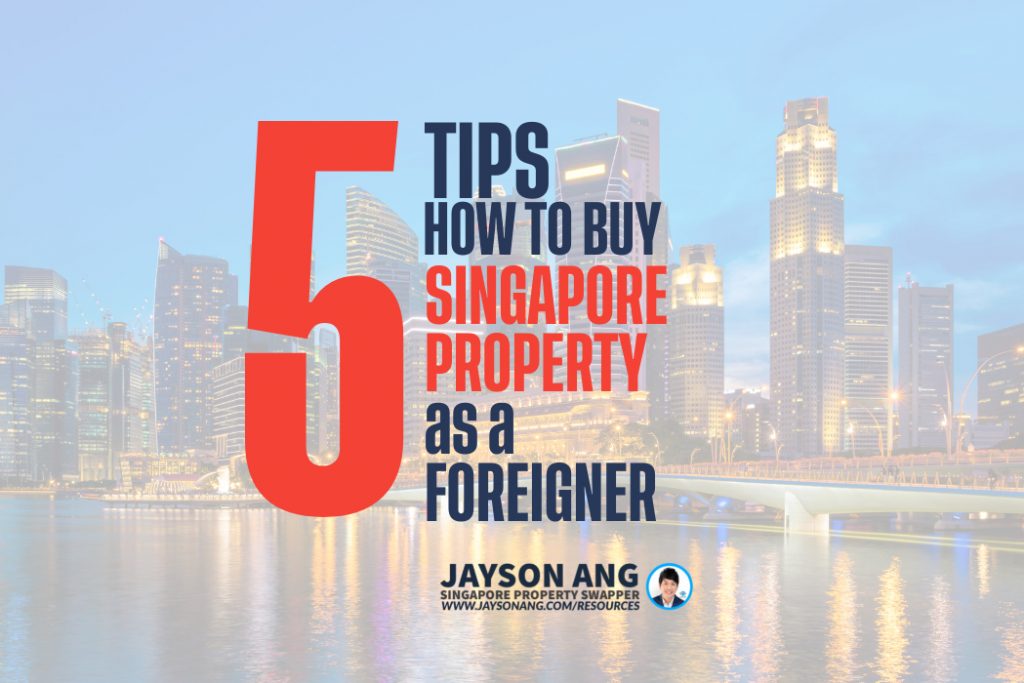Singapore, a thriving city-state in Southeast Asia, is known for its stable political climate, strong economy, and strategic location. As a result, it has become an attractive destination for expats and foreign investors looking to invest in real estate. However, the Singaporean government has implemented extensive restrictions on foreigners purchasing residential property.
We will explore the top five reasons behind these restrictions and provide insights into the rationale behind these regulations.
1. Protecting Local Interests:
One of the primary reasons for implementing restrictions on foreign ownership of residential properties is to protect the interests of local citizens. By limiting the number of properties that foreigners can purchase, the government aims to ensure that Singaporeans have access to affordable housing options and prevent the market from being dominated by foreign investors, which could lead to inflated property prices.
2. Maintaining Social Cohesion:
Another reason for the restrictions is to maintain social cohesion within the country. Singapore is a diverse nation with various ethnicities and cultures living together harmoniously. By controlling the influx of foreign property buyers, the government can better manage the demographic balance and preserve the unique cultural fabric of the country.
3. Ensuring Economic Stability:
The restrictions on foreign property ownership also help maintain economic stability in Singapore. By controlling the demand for residential properties, the government can prevent speculative buying and the formation of property bubbles, which could have severe consequences for the overall economy. This approach ensures that the property market remains stable and sustainable in the long run.
4. Encouraging Foreign Investment in Other Sectors:
While the restrictions on residential property ownership may seem stringent, they are designed to encourage foreign investors to explore other investment opportunities in Singapore. The government actively promotes investment in sectors such as commercial and industrial properties, which contribute significantly to the country’s economic growth and development.
5. Preserving National Security:
Lastly, the restrictions on foreign property ownership serve to safeguard national security. By limiting the extent to which foreigners can own residential properties, the government can better monitor and regulate the presence of foreign nationals within the country. This approach helps maintain a secure environment for Singaporeans and ensures that the nation’s interests are protected.
In conclusion, the extensive restrictions on foreigners purchasing residential property in Singapore are in place to protect local interests, maintain social cohesion, ensure economic stability, encourage foreign investment in other sectors, and preserve national security. While these regulations may seem strict, they are essential in maintaining the unique characteristics of Singapore and ensuring a stable and sustainable property market for both locals and foreigners alike.
Should You Buy, Sell or Wait?
If you’re reading this, you must be trying to figure out the best course of action right now: is it the right time to buy or sell?
It’s difficult to give an exact answer since everyone’s situation is unique and what works for one person may not necessarily work for you.
I can bring you a wealth of on-the-ground experience and a data-driven approach to provide clarity and direction. From beginners to experienced investors, our top-down, objective approach will help you on your real estate journey.
I can help you by:
- Offering Strategic Real Estate Advice – I can help create a comprehensive plan to guide you through your property journey.
- Connecting Your Home with the Perfect Buyers – Through stunning visuals, an effective communication strategy, and an in-depth knowledge of the market, we’ll ensure your home is presented in the best possible way to fulfill your goals.
You May Also Like …

